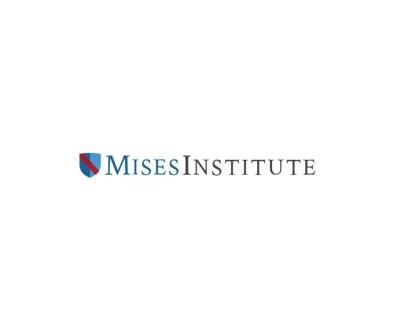“Personal” Liberty Due Process Cases at the Supreme Court Between Carolene Products and Griswold
United States v. Carolene Products (1938) established a dichotomy between enumerated and unenumerated rights. Under Footnote Four, laws that infringed provisions of the Bill of Rights would be scrutinized closely. By contrast, all other sorts of rights, including liberties protected by the Due Process Clause, would be afforded only rational basis scrutiny. Williamson v. Lee Optical (1955) made that rational basis scrutiny even more deferential. That test became the New Deal settlement on the Due Process Clause. Until it wasn’t.
Griswold v. Connecticut (1965) found that a right of privacy could be found in the “emanations” of the Bill of Rights. At least on paper, the Court was trying to stay within the Footnote Four framework, though I’m not sure anyone really believed it. But Griswold made a more important move. To respond to the charge of Lochnerism, Justice Douglas sought to distinguish the Court’s past cases. West Coast Hotel was retconned as a repudiation of substantive due process only for economic rights. By contrast, substantive due process was still permissible personal rights cases. Decisions like Meyers v. Nebraska or Pierce v. Society of Sisters were reaffirmed acceptable as First Amendment decisions, even though both predate the modern incorporation doctrine.
Here is how Justice Douglas attempts to reconcile the doctrine:
Coming to the merits, we are met with a wide range of questions that implicate the Due Process Clause of the Fourteenth Amendment. Overtones of some arguments suggest that Lochner v. New York, 198 U. S. 45, should be our guide. But we decline that invitation, as we did in West Coast Hotel Co. v. Parrish, 300 U. S. 379; Olsen v. Nebraska, 313 U. S. 236; Lincoln Union v. Northwestern Co., 335 U. S. 525; Williamson v. Lee Optical Co., 348 U. S. 483; Giboney v. Empire Storage Co., 336 U. S. 490. We do not sit as a super-legislature to determine the wisdom, need, and propriety of laws that touch economic problems, business affairs, or social conditions. This la
Article from Reason.com

The Reason Magazine website is a go-to destination for libertarians seeking cogent analysis, investigative reporting, and thought-provoking commentary. Championing the principles of individual freedom, limited government, and free markets, the site offers a diverse range of articles, videos, and podcasts that challenge conventional wisdom and advocate for libertarian solutions. Whether you’re interested in politics, culture, or technology, Reason provides a unique lens that prioritizes liberty and rational discourse. It’s an essential resource for those who value critical thinking and nuanced debate in the pursuit of a freer society.




